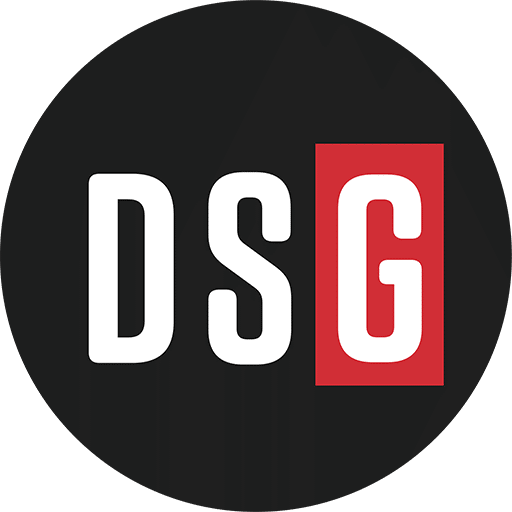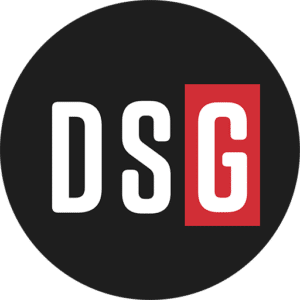Cardinal Health started its 2026 fiscal year with momentum across every line of business, delivering broad-based growth and raising its outlook as the company leans deeper into specialty pharmaceuticals, home health care, and supply-chain automation.
The company reported first-quarter revenue of $64 billion, up 22 % from a year earlier, marking continued demand strength across pharmaceuticals and specialty distribution. Profits also rose sharply, with double-digit gains in each of its five operating segments.
Chief executive officer Jason Hollar called the quarter “a clear demonstration of our strategy in action,” crediting the results to “disciplined execution” and Cardinal is expanding role as a link between manufacturers, providers, and patients. “We’re delivering daily to tens of thousands of locations, from pharmacies and hospitals to physician offices and homes,” he said. “Our performance reflects the strength of our diversified business model and the focus of our people.”
The standout driver again came from Cardinal’s Pharmaceutical and Specialty Solutions segment, where revenue climbed 23 % to $59 billion on rising demand for brand, specialty, and generic drugs. Growth was fueled by higher volumes of GLP-1 diabetes and weight-loss medications, continued adoption of biosimilars, and contributions from newly acquired oncology and infusion networks.
Cardinal is accelerating that momentum with its pending acquisition of Solaris Health, the country’s largest urology management services organization, representing more than 750 providers nationwide. Once the deal closes, Solaris will join Cardinal’s Specialty Alliance platform, giving the company access to 3,000 specialty clinicians across 32 states. Hollar said the combination “adds significant scale and reach to meet the comprehensive needs of community specialists” in urology, oncology, and autoimmune care.
Cardinal also highlighted rapid growth in its BioPharma Solutions business, which provides manufacturer-support programs such as Sonexus Access and Patient Support. New client wins and technology upgrades are expected to drive more than 30 % growth in that unit this year.
Beyond its clinical segments, Cardinal is investing heavily in logistics infrastructure to manage surging pharmaceutical and consumer-health volumes. The company opened a state-of-the-art consumer-health logistics center, expanding network capacity by 20 %, and unveiled plans for a 230,000-square-foot forward distribution hub in Indianapolis, outfitted with advanced robotics and warehouse automation.
“These investments are designed to move products faster, more accurately, and more reliably,” Hollar said. The modernization effort also includes upgrades at several regional distribution centers to add specialty-drug storage and improve resiliency across the network.
Cardinal’s at-Home Solutions, Nuclear & Precision Health Solutions, and OptiFreight Logistics businesses combined to deliver 38 % revenue growth and 60 % profit growth.
The at-Home Solutions unit—bolstered by the integration of Adaptive Delivery Systems (ADS)—continues to benefit from long-term trends in home-based patient care. Cardinal opened a new distribution center in Fort Worth, Texas, and will break ground on another in Sacramento, California, by mid-2027. Both are designed around next-generation robotics and automation.
In Nuclear and Precision Health Solutions, theranostics revenue jumped more than 30 %, driven by rising use of PET diagnostics and targeted radiotherapies for prostate cancer and other conditions. The company is investing $150 million over three years to expand its PET manufacturing network across 11 markets.
OptiFreight Logistics, Cardinal’s technology-driven freight-management arm, grew more than 20 % in the quarter as hospitals and clinics sought greater transparency and cost control in supply-chain shipping.
The Global Medical Products and Distribution (GMPD) unit recorded a 2 % rise in sales to $3.2 billion and robust growth in its Cardinal Health-branded products, which rose 6 % in the U.S. The company said tariff costs remain a headwind, but sourcing and cost-control measures are helping offset the impact.
Cardinal’s focus on resilience earned industry recognition this quarter from the Healthcare Industry Resilience Collaborative for its transparency and reliability in medical-supply distribution.
Chief financial officer Aaron Alt said the quarter’s robust performance—along with the pending Solaris acquisition—led Cardinal to raise its full-year earnings outlook. “We saw strength across every segment, with specialty, generics, and biopharma solutions all trending above expectations,” Alt said. “These results give us confidence as we move deeper into fiscal 2026.”
Hollar added that the company’s mix of specialty growth, home-care expansion, and digital logistics capabilities positions Cardinal to remain “health care’s most trusted partner.”
“Demand remains strong across pharmaceuticals and care settings,” he said. “With our expanding specialty platform and modernization investments, we’re building a more connected and efficient supply chain for the future of health care.”
Don’t miss any content from Distribution Strategy Group. Join our list.


